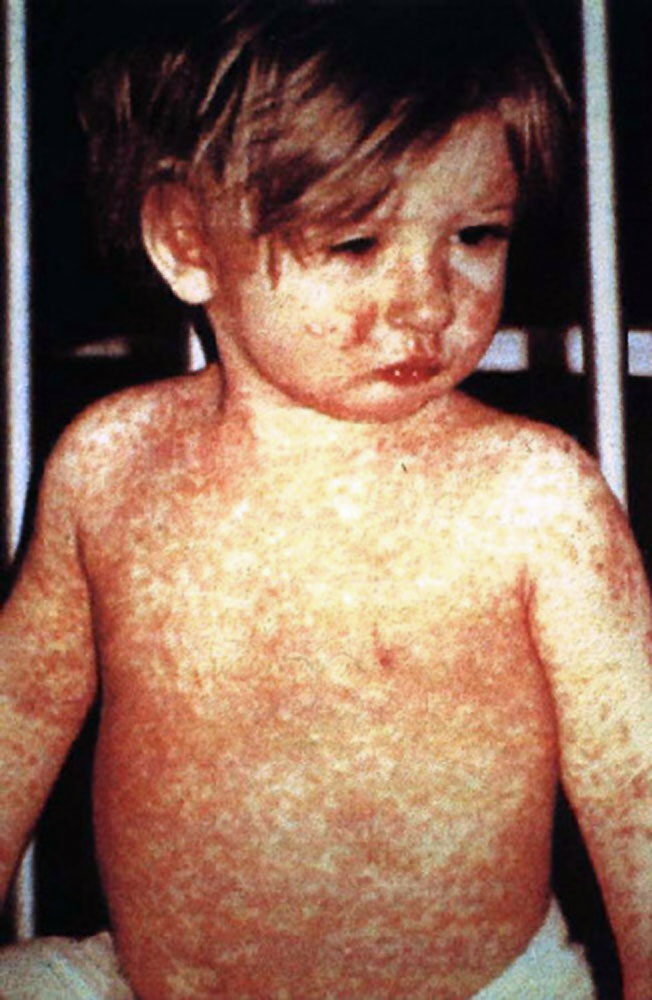Kerala Public Health Officials Urge Training Amid Rabies Deaths

In a concerning development for public health in Kerala, the Directorate of Public Health (DPH) has issued a critical statement emphasizing that relying solely on anti-rabies vaccines is insufficient in cases of severe dog bites. This announcement follows two tragic deaths of children in the state, which occurred despite their vaccination against rabies. The DPH has underscored the necessity for enhanced training among healthcare workers to properly assess rabies exposure categories and to administer rabies immunoglobulin (RIG) when warranted, alongside the anti-rabies vaccine (ARV).
According to T.S. Selvavinayagam, Director of Public Health, timely and appropriate post-exposure prophylaxis (PEP) is vital for rabies prevention. His insights come in light of recent fatalities, highlighting potential shortcomings in the healthcare response to dog bite incidents. In his communication to district and city health officers, Selvavinayagam stated, "Rabies PEP is life-saving only if done properly," and stressed that improper wound care, delays in vaccination, and incorrect administration of vaccines can lead to dire consequences.
The DPH's guidelines categorize dog bites into three levels: Category I (no PEP required), Category II (vaccine only), and Category III (vaccine and RIG). Children are particularly vulnerable due to their developing immune systems, which may not respond as effectively as those of adults. The directorate noted that for deep or bleeding wounds, the administration of RIG is crucial, as it neutralizes the rabies virus before the vaccine can induce an immune response.
In the wake of the deaths, public health experts have underscored the importance of immediate wound care, recommending thorough washing with soap and water for at least 15 minutes as the first line of defense against rabies. Delayed initiation of PEP, especially for severe bites, can significantly reduce the effectiveness of the vaccine, increasing the risk of rabies, a disease that is nearly always fatal once clinical symptoms manifest.
Dr. Priya Menon, an epidemiologist at the Kerala Institute of Medical Sciences, remarked, "The deaths of these children underscore a critical gap in our healthcare system's response to rabies exposure. Training healthcare professionals to recognize the severity of bites and the appropriate interventions could save lives."
In addition to training, the DPH has called for stricter adherence to vaccine storage protocols, emphasizing that vaccines must be stored at the recommended temperatures to maintain their efficacy. This aligns with findings from a 2022 study published in the Journal of Infectious Diseases, which noted that improper vaccine handling is a significant contributor to rabies-related fatalities in India.
The historical context of rabies in India reveals a persistent public health challenge. Rabies is endemic in the country, with thousands of cases reported annually. According to the World Health Organization (WHO), India accounts for about 36% of global rabies deaths. The WHO's 2023 guidelines advocate for comprehensive rabies prevention strategies, including vaccination of pets, public awareness campaigns, and training for healthcare workers.
As Kerala grapples with these recent tragedies, the DPH's proactive approach aims to mitigate future risks. By focusing on training healthcare providers and ensuring rigorous adherence to vaccination protocols, officials hope to enhance the effectiveness of rabies prevention efforts. Looking forward, public health initiatives will likely expand to include community education on the importance of immediate care following animal bites, as well as the necessity of timely vaccination.
In conclusion, the unfortunate deaths of these children serve as a stark reminder of the lethal consequences of rabies and the critical need for improved training and protocols in the healthcare system. As Kerala and other regions contend with the threat of rabies, collaborative efforts between public health officials, healthcare providers, and the community are essential for safeguarding vulnerable populations against this preventable disease.
Advertisement
Tags
Advertisement





